Editor’s Note: We’re highlighting content about racial healing in anticipation for the upcoming National Day of Racial Healing. This year, we’re illustrating how racial healing is already yielding transformative results across the U.S. and to inspire everyday people to work towards racial healing and racial equity in their community. This content was originally published on January 20, 2020.
At his core, Martin Luther King, Jr. was a truth teller. No matter if the truth was uncomfortable, frightening, or inconvenient. He was a man who would pull down the sun itself to shine a light on the darkest of issues — from racism, to abuse, to war.
Today, despite the headlines, the divisive narratives and the very real obstacles too many children of color face, people are coming together to do exactly that. In solidarity, they are facing the hard truths in our society.
As they share stories, relationships deepen and the healing begins. Together they discover how and where their communities need to change so all children can thrive, as Martin Luther King Jr. envisioned. With this kind of solidarity and sustained action, communities across the country are showing how to heal racial wounds. And it all begins with an honest conversation.
Tomorrow is your opportunity to join them.
On Tuesday, Jan. 21, I will be in Washington, D.C., to celebrate the W.K. Kellogg Foundation’s fourth annual National Day of Racial Healing. My circle at the John F. Kennedy Center will include the many young leaders participating in the event (#HowWeHeal). Other circles will be drawing together all across the country and in many places around the world. In healing conversations – at public events and in small clusters – participants can share the truth they know in a way that honors stories and forms relationships.
It’s a profound experience that transforms individuals and is already reshaping systems in communities. In my own backyard, I have seen the powerful effect.
When I first moved to Battle Creek, a police car followed ours as my husband and I were driving home. We turned into our street; the squad car turned too. And then, since ours was a street that did not circle back to the main road, the officer had to turn around and drive back past us. The next day, at a civic meeting about transforming our community, I shared the story. Our city manager was horrified and called the police chief – who appeared at my office door the next day. It was the very first time we’d met.
The chief wanted to talk about what happened and put the question to me: “Why didn’t you get out of the car and say, ‘Why are you following us?’” In that moment, I had the chance to share my truth. “My husband is an African American man,” I told him. “We are an African American couple. What do you think would have happened?” That exchange opened the door to an impromptu healing conversation – to really talking about how the world one person knows might be completely different for another.
Healing conversations like these lead to change. Last year, the National Civic League named our hometown of Battle Creek, Michigan, an All-America City. Public safety’s Crisis Intervention Team – and Chief Blocker’s leadership – were part of that recognition.
Through the W.K. Kellogg Foundation’s Truth, Racial Healing & Transformation (TRHT) practices, many people in communities are on this journey. Their conversations foster healing and help participants with very different experiences problem solve together from a realistic lens. In Buffalo, New York, local news coverage is changing and the business community is doubling down to widen opportunity. In Chicago, healing circles are building trust in healthcare settings, schools and libraries. In some places, police departments and realtor groups are part of the process. In others, it’s advocates, arts organizations and civic groups.
With tremendous ingenuity and determination, people engaged in racial healing are transforming their communities in solidarity.
Healing allows us to come together, celebrate our differences and create something new. At the Kellogg Foundation, we know that healing is at the heart of racial equity — and it begins with a conversation. National Day of Racial Healing is only one day, but it is a place to start.

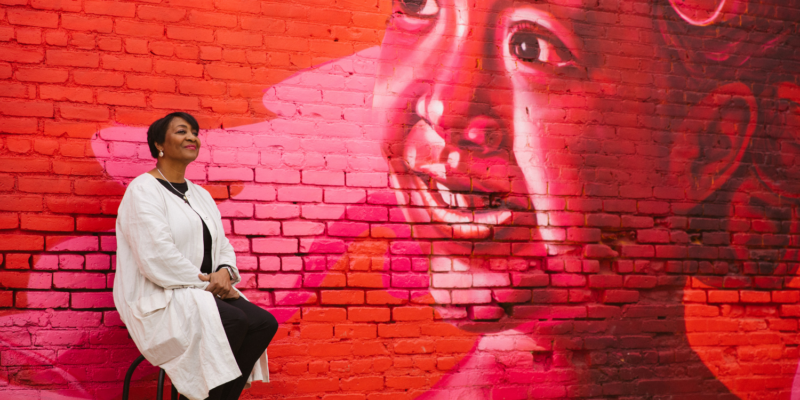
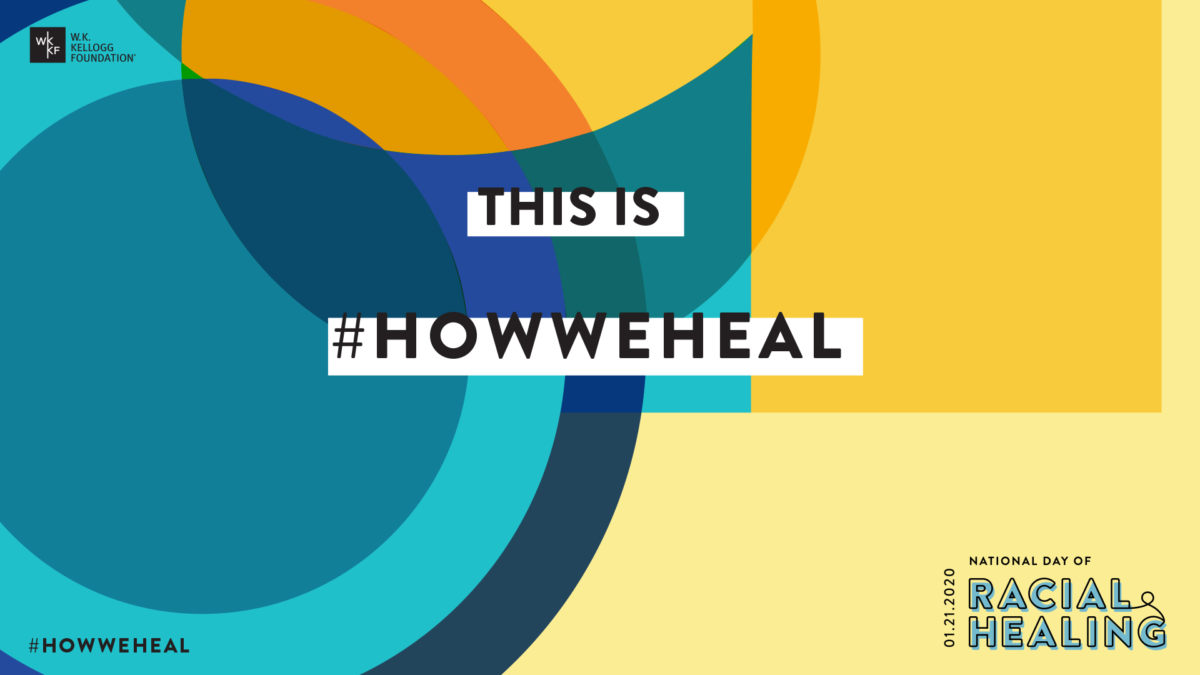
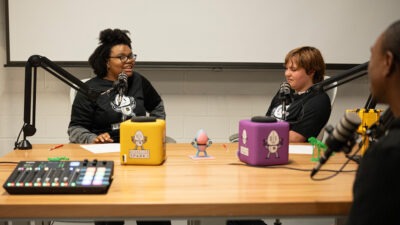
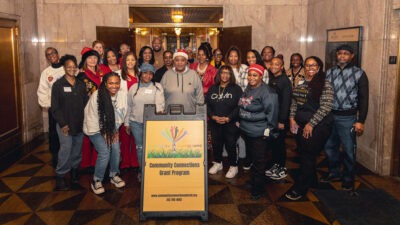
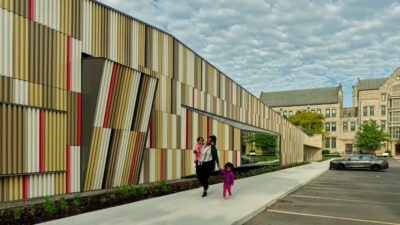
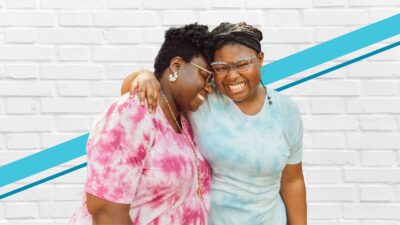
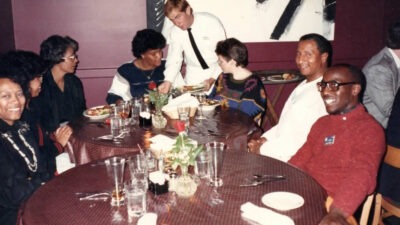

Comments